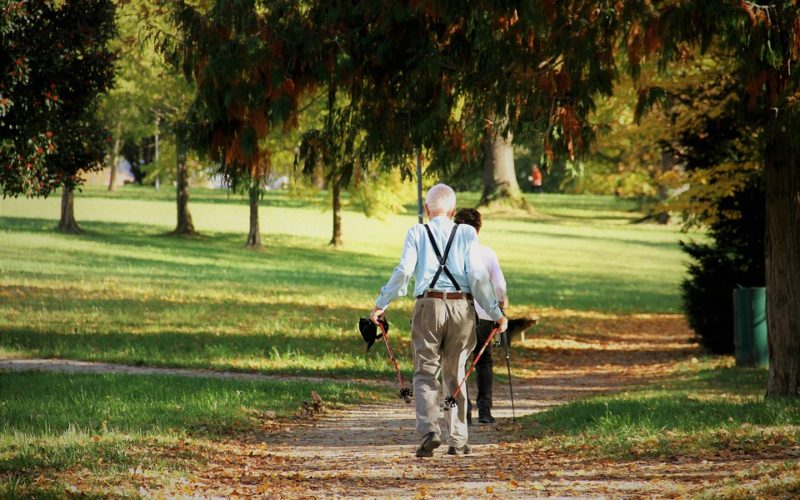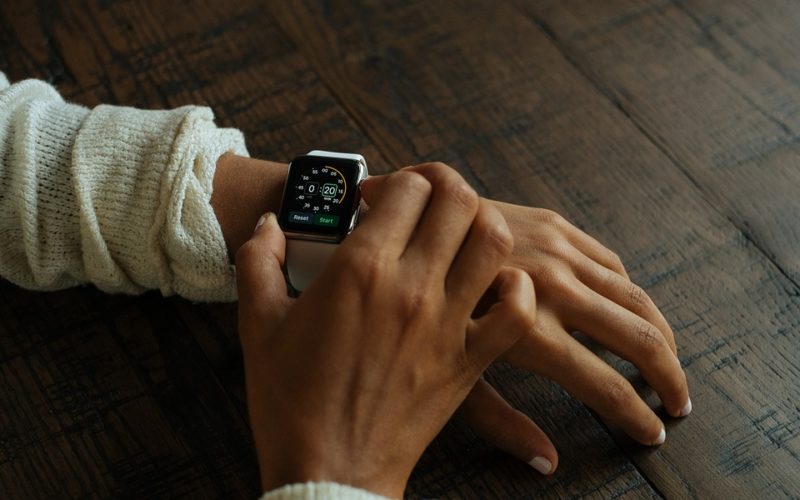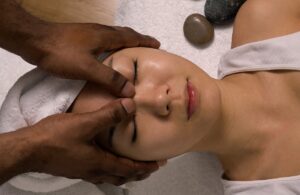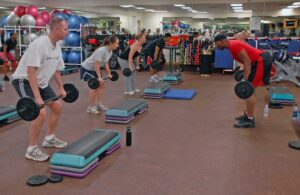Participating in team sports is not only a fantastic way to stay physically active but also an excellent means of building camaraderie and fostering teamwork. However, for those experiencing hearing loss, the dynamics of engaging in team sports can be significantly different and often challenging. Hearing loss can impact various aspects of playing sports, from communication with teammates to overall safety on the field.
Communication challenges on the field
One of the most critical elements of playing team sports is effective communication. Players need to talk to each other constantly, often in noisy environments. Instructions, strategies, and warnings are frequently shouted across the field. For someone experiencing hearing loss, picking up on these auditory cues can be difficult, if not impossible. This can lead to misunderstandings or missed instructions, ultimately affecting the team's performance.
Regularly undergoing a hearing test can help identify any hearing issues early on, allowing for timely intervention. Being aware of one's hearing capacity can assist in developing coping strategies, such as relying more on visual signals or ensuring to position oneself where it’s easier to see teammates and coaches.
Impact on team dynamics
Hearing loss can also impact the social aspects of team sports. The locker room banter, casual conversations during practice, and the celebratory cheers after a win are all integral parts of the team experience. When hearing is impaired, it can lead to feelings of isolation or exclusion, even if unintentional. This social barrier can affect a player’s morale and sense of belonging, which is crucial for cohesive team dynamics.
Addressing hearing loss with appropriate tools and techniques, such as using hearing aids or other assistive listening devices, can mitigate some of these social challenges. Ensuring regular ear syringing can also help maintain ear health and potentially improve hearing clarity.
Safety concerns
Safety is paramount in any sport, and hearing plays a significant role in maintaining it. Audible cues often serve as warnings for potential hazards, such as an approaching player or a referee's whistle indicating a stoppage in play. Inability to hear these cues can increase the risk of collisions or other injuries on the field.
To enhance safety, players with hearing loss can use visual aids like hand signals or rely on teammates to alert them to potential dangers. Coaches and referees should be made aware of the hearing impairment to take additional precautions, ensuring a safer environment for all players.
Strategies for effective participation
For those with hearing loss, adopting specific strategies can make participating in team sports more enjoyable and effective. Positioning oneself strategically on the field to maximise visual contact with teammates can aid in understanding non-verbal cues. Additionally, learning and utilising hand signals can bridge the communication gap.
It’s also beneficial to inform teammates and coaches about the hearing loss. This transparency can foster a supportive atmosphere where everyone collaborates more effectively, compensating for any auditory limitations.
The importance of regular hearing tests
Routine hearing tests are crucial for anyone, especially those actively involved in sports. Early detection of hearing issues can lead to timely interventions, such as using hearing aids or other assistive devices. These solutions can significantly improve a player's ability to participate fully in team activities.
In addition to hearing tests, maintaining good ear hygiene through procedures like ear syringing can prevent common issues such as earwax build-up, which can temporarily impair hearing. Regular check-ups with a healthcare professional ensure that any hearing challenges are promptly addressed, allowing for uninterrupted participation in sports.
Hearing loss can undoubtedly pose challenges for those playing team sports, affecting communication, safety, and overall team dynamics. However, with the right strategies and interventions, such as a regular hearing test and ear syringing, these challenges can be effectively managed. By fostering a supportive team environment and utilising both visual and auditory aids, players with hearing loss can continue to enjoy the many benefits that team sports offer.



















